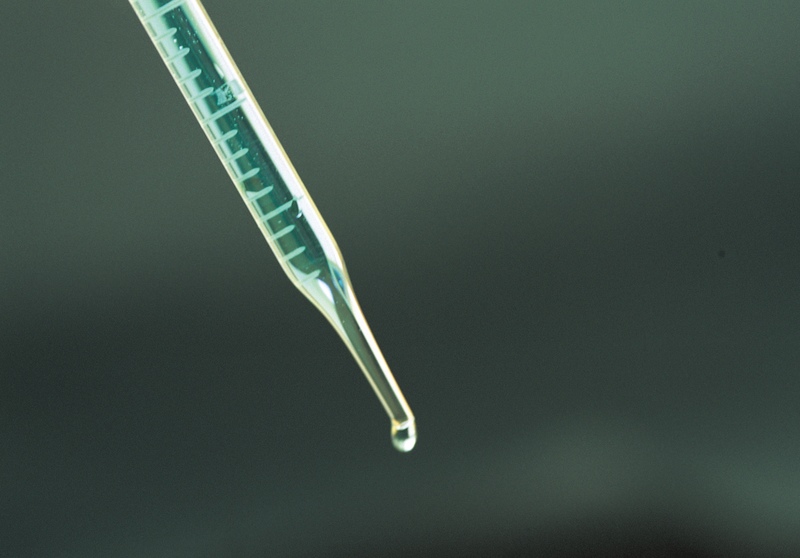
Here are some of the latest health and medical news developments, compiled by the editors of HealthDay:
U.S. Health Care Law Raises Constitutional Issues: Judge
The new U.S. health care reform law raises a number of complex constitutional issues, according to a federal judge who denied the Justice Department’s attempt to have a Virginia lawsuit against the health care law dismissed.
U.S. District Judge Henry Hudson said further hearings must take place before he can weigh the merits of the case, the Associated Press reported.
“Unquestionably, this regulation radically changes the landscape of health insurance coverage in America,” the judge wrote in his 32-page decision.
By requiring people to buy health insurance or pay a penalty, Congress exceeded its authority, argued Virginia’s Attorney General. The state assembly has passed legislation exempting state residents from the federal coverage mandate, the AP reported.
More than a dozen states are challenging the new health law, but Virginia’s is the first to go before a judge.
—–
Health Care Reform Will Save Medicare Hundreds of Billions: White House Analysis
The new health care reform law will save Medicare about $8 billion by the end of next year and $575 billion over the remainder of the decade, according to a White House analysis to be released Monday.
Those savings will make Medicare stronger, according to the Obama administration, the Associated Press reported.
The new law “marks a turning point in the unsustainable rate of cost growth in our health care system,” according to an advance copy of the analysis. The law “reforms Medicare program’s payment and delivery systems to incentivize high-quality care, appropriate price services, modernize the health care sector and fight waste, fraud and abuse.”
The analysis predicts that savings in Medicare costs will help reduce seniors’ monthly premiums by nearly $200 a year by 2018, the AP reported.
—–
Altered Herpes Virus May Fight Head and Neck Cancer: Study
Treatment with a genetically engineered herpes virus helped improve survival of head and neck cancer patients, say U.K. researchers.
The virus works by getting into cancer cells and killing them from the inside, and also by strengthening a patient’s immune system, BBC News reported.
The virus treatment was given to 17 patients, who also received chemotherapy and radiotherapy. After their tumor was surgically removed, 93 percent of the patients showed no trace of cancer. More than two years later, 82 percent of the patients were still alive.
“Around 35 to 55 percent of patients given the standard chemotherapy and radiotherapy treatment typically relapse within two years, so these results compare very favorably,” said study leader Dr. Kevin Harrington, of the Institute of Cancer Research in London, BBC News reported.
The study was published in the journal Clinical Cancer Research.
—–
FDA Approves 1st Embryonic Stem Cell Trial Using Patients
The world’s first embryonic stem cell study using patients has been approved by the U.S. Food and Drug Administration.
The main objective of the phase 1 trial is to test the safety of the therapy in patients with spinal cord injuries. It would take years of further testing to prove the effectiveness of the therapy before it might be approved for widespread use, The New York Times reported.
The test cells used in the trial were developed by California-based Geron Corporation and the University of California.
The FDA initially approved the study in January 2009 but put a hold on the trial after cysts were discovered in some mice that received the stem cells. The FDA told Geron to do another mouse study and improve methods of checking the purity of its cells, the Times reported.
—–
Study Pinpoints Cells Linked to Prostate Cancer
Researchers who identified cells that may cause prostate cancer say their finding could lead to improved prevention and treatment of this common form of male cancer.
It had been believed that prostate tumors arose from prostate gland luminal cells because tumor cells look like luminal cells. But a team at the University of California, Los Angeles said it found that prostate cancer originates in basal cells, a more stem-cell like component of the prostate, the Los Angeles Times reported.
The research was conducted in mice but the findings apply to humans, according to the researchers.
The study appears in the journal Science.
The researchers said their results contribute to increasing evidence that cancers are caused when tissue-specific stem cells found in various organs grow out of control, the Times reported.
—–

